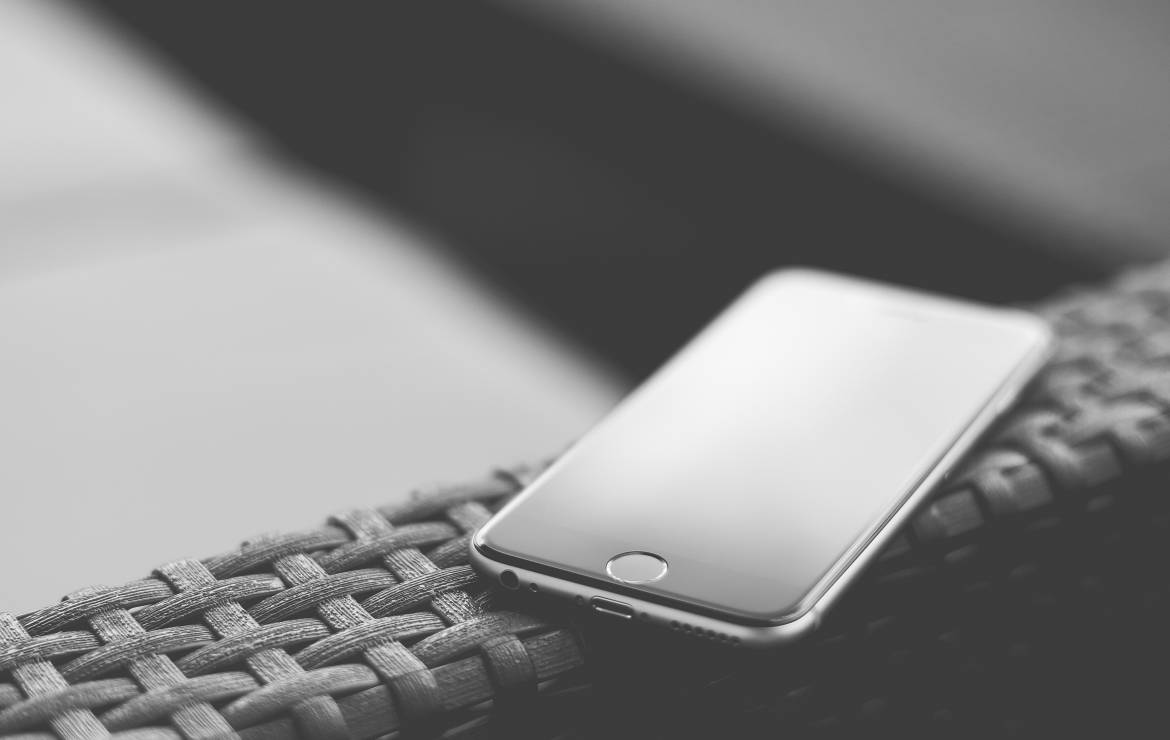No Call Is Too Small
You’re super stressed. Feeling utterly alone. Or just have questions. Or you’re worried about a loved one. You’re not sure where to turn. You’ve seen phone numbers advertised for helplines, but you think, “That’s not for me. That’s for people who have real problems.”
I get it. We’re taught the importance of not calling 911 except in life-threatening circumstances. It’s important not to tie up life-saving services with non-life-threatening issues. That is a helpful and important message. At the same time, we’re also taught more subtle messages when in emotional distress about “don’t make a fuss” and “there are others worse off than you.” These are less helpful when they prevent you from getting connected with resources that are there specifically for your type of situation.
How do I know? Because I’ve been on both ends of this. I had Postpartum Anxiety after delivering my son. But before I knew I had a diagnosable illness, I was only aware of having a really, really hard time. And there was no way I was going to waste anyone’s valuable time calling a helpline. That was for the big stuff. Fast forward, I eventually got the help I needed, recovered, and am paying it forward by volunteering for Postpartum Support International (PSI)’s warmline, where I help return calls to moms and their loved ones. And guess what?
NO CALL IS TOO SMALL.
Yep. I could’ve called. I would’ve saved myself a lot of misery by getting into recovery sooner. As a “Warmline,” PSI’s calls go to a voicemail system and are returned as soon as possible, seven days a week. We are there to provide information and support, and to connect callers with local resources. We welcome all the calls, from moms who feel like they’re completely coming apart, to dads who are simply wondering if something’s amiss, and how can he help? An internet search of other helplines and support centers reveals they do the same thing. Some hotlines that include the bigger crisis work also take calls from people simply needing information and referrals.

Information, support, and resources are what helplines DO.
Here’s the thing. 911, as mentioned above, is definitely for life-threatening situations. Please call them if you are having suicidal urges. “Crisis” call centers are generally for severe distress, where a person is considering harming themselves or others, but that can be flexible. This quote is from the Veterans Crisis line website: “Even if there is no immediate danger, the Veterans Crisis Line is here for you. Crisis feels different for everybody and can stem from a wide range of situations.” Crisis feels different for everybody. There’s no one picture of “crisis.” When in doubt about whether your situation is a “true” crisis, CALL. It’s really okay. It’s what they’re there for. Finally, “helplines,” “hotlines,” and “warmlines” are generally for support, information, and referrals. No call is too small. You’re not wasting our time. We’re here to help.
Here’s a handy list of a few call-in lines:
Crisis Call Center 1-800-273-8255
Postpartum Support International Warmline 1-800-944-4773
Veterans Crisis Line 1-800-273-8255, press 1
LGBT National Hotline 1-888-843-4564
Domestic Violence Hotline 1-800-799-7233
SAMHSA National Helpline 1-800-662-4357
Disaster Distress Helpline 1-800-985-5990
www.warmline.org for a list of warmlines state-by-state
Local helplines (Illinois):
Illinois Mental Health Collaborative for Access and Choice Warmline 1-866-359-7953
NorthShore’s Perinatal Depression Program hotline 1-866-364-MOMS (6667)
Jewish Center for Addiction 1-847-745-5422
————————————————————————-
Audrey Raden, LCPC
Attention to Wellness
Ready to make an appointment with a caring counselor? Call 847-370-0606 or visit www.attentiontowellness.com


Add Comment